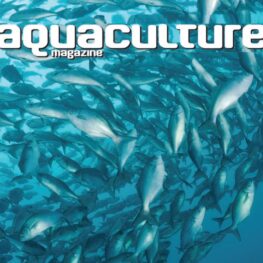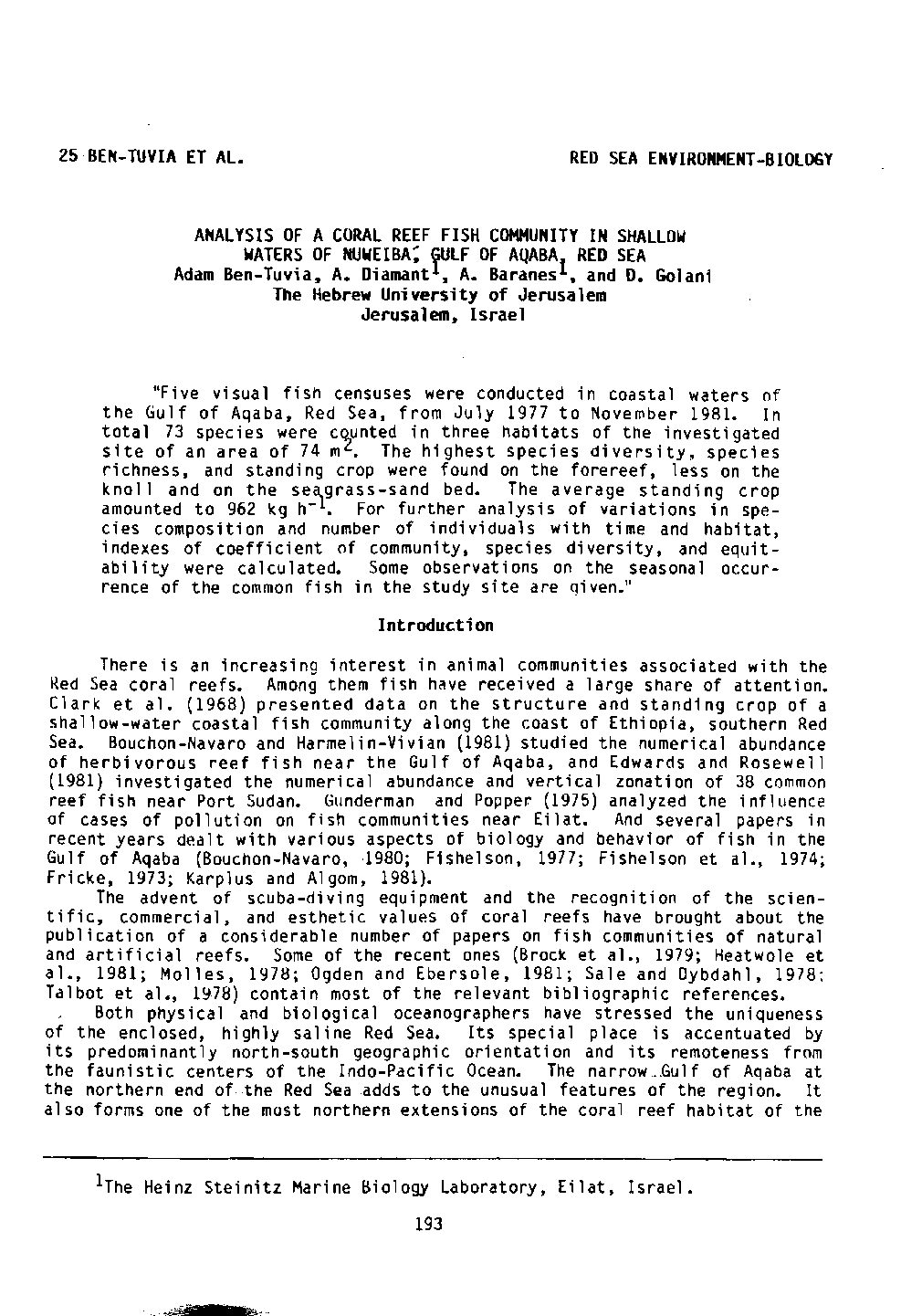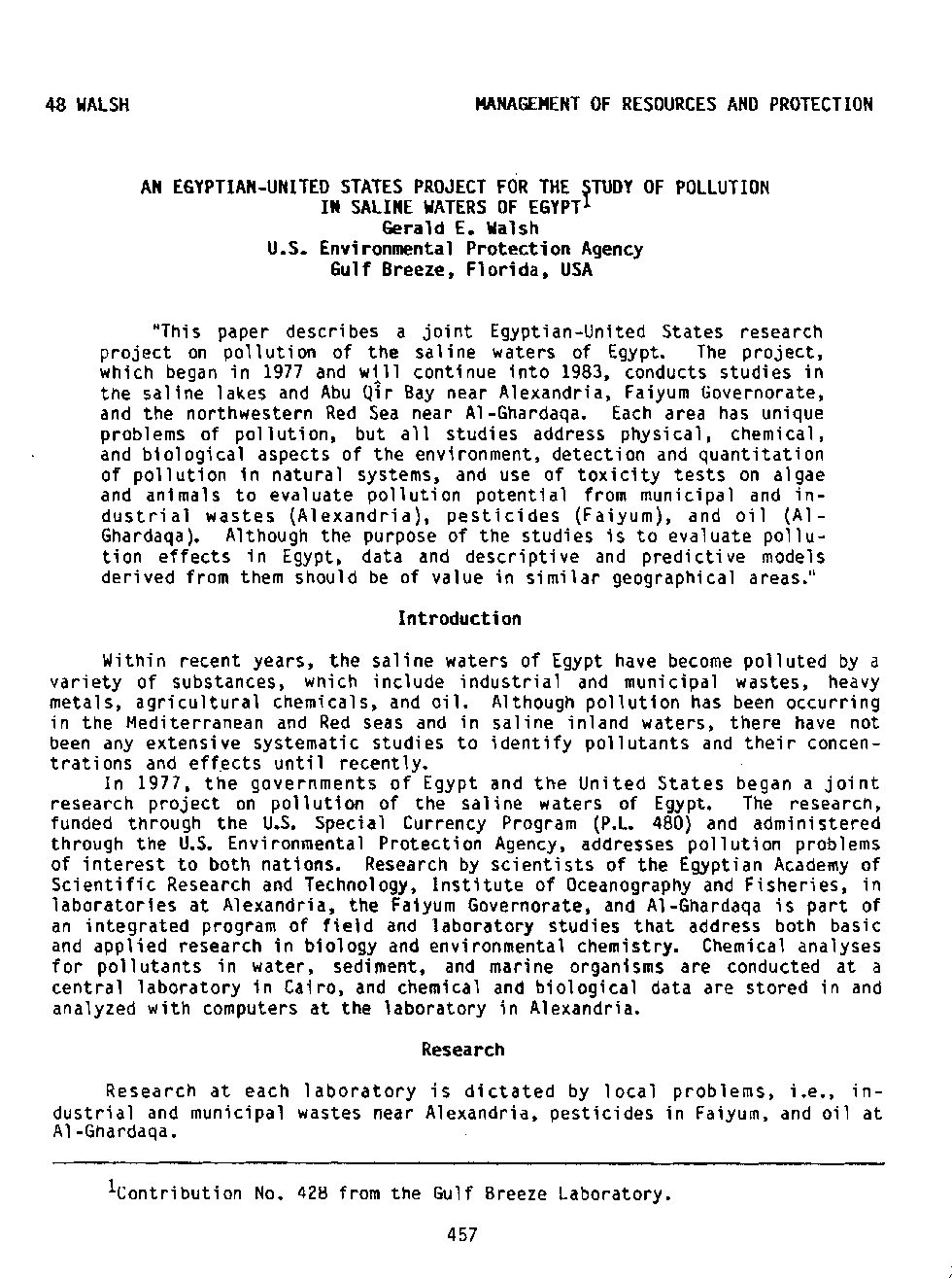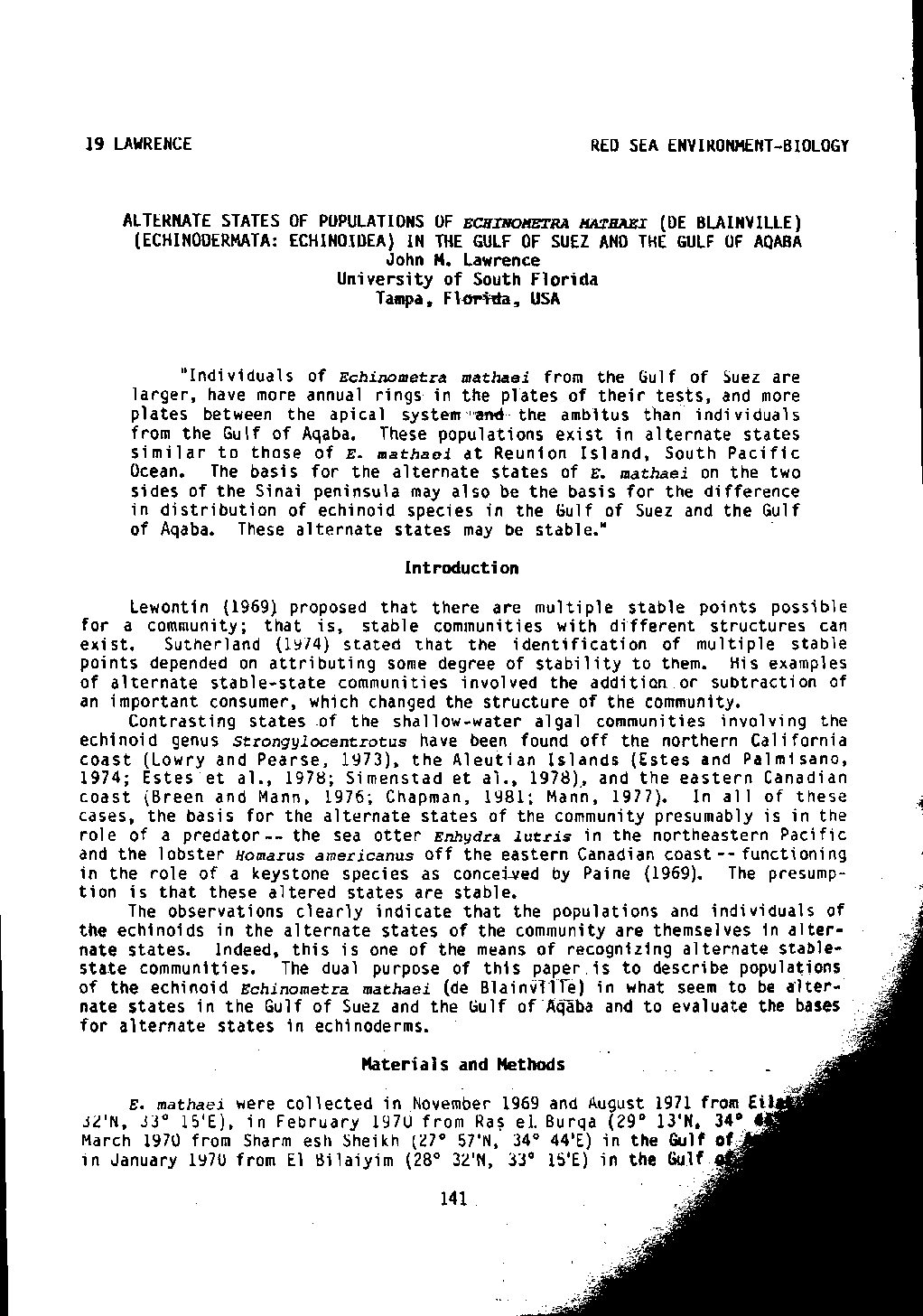Categories
Aquaculture Publications 2021Quillaja saponaria and/or linseed oil improved growth performance, water quality, welfare profile and immune-oxidative status of Nile tilapia, Oreochromis niloticus fingerlings
Asmaa Elkaradawy1, Mohamed M. Abdel-Rahim2, Radi A. Mohamed1
2 Aquaculture Division – Fish Rearing Lab (NIOF)
Aquaculture Research, 2021, 52:1-14
https://doi.org/10.1111/are.15602
(Indexed in Scopus)
Abstract:
This study was aimed to evaluate the synergistic effect of Quillaja Saponaria (QS) and linseed oil (LO) on water quality, growth performance, welfare profile, blood health and immune-oxidative status of Nile tilapia, Oreochromis niloticus fingerlings. Fish (n = 120, 10.28 ± 0.521 g) were randomly distributed in 12 aquaria in triplicate. Fish were divided into four groups: (1) fish received only basal diet (control group, CG), (2) basal diet supplemented with 300 mg kg−1 Quillaja Saponaria (QS), (3) basal diet supplemented with 2% linseed oil (LO) and (4) basal diet supplemented with 300 mg kg−1 Quillaja Saponaria and 2% linseed oil (QS/LO). Results revealed a significant (p < 0.05) improvement in fish productivity (final weight, weight gain, specific growth rate and feed conversion ratio), water quality (low total ammonia nitrogen and unionized ammonia) and welfare indices (low detached scales and fin damage) in fish received QS and/or LO with the best findings being detected in QS/LO. Dietary inclusion of QS and/or LO increased the serum total protein and globulin and reduced the cholesterol and triglycerides compared with CG (p < 0.05) with the best findings in QS/LO. Antioxidant enzymes (increased catalase, superoxide dismutase and reduced malonaldehyde), digestive enzymes (lipase and amylase) and relative gene expression (insulin growth factor I, superoxide dismutase, tumour necrosis factor-alpha) were improved when fish received QS and/or LO with the best results in QS/LO. In conclusion, dietary supplementation of QS and/or LO improved growth performance, water quality, welfare profile and immune-oxidative status of Nile tilapia fingerlings. The best findings being reported in fish received QS/LO.
Keywords: growth performance, immune response, Nile tilapia, oxidative status, Quillaja Saponaria, welfare
Corresponding author e-mail: [email protected], Radi A. Mohamed






